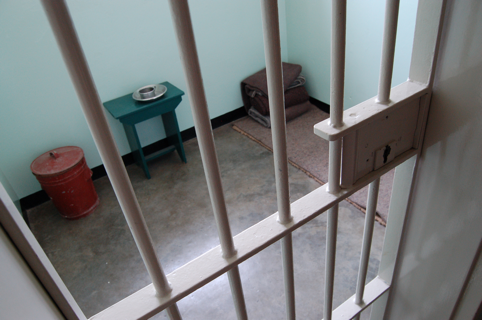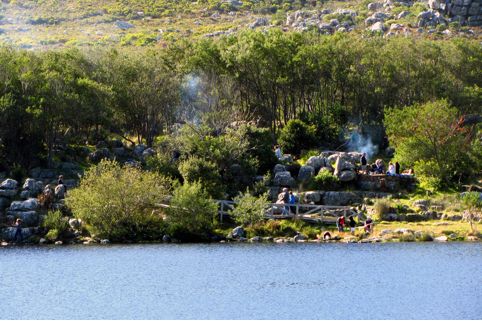Don't miss out on the best jobs!
Subscribe to HelpGoAbroad and weekly we will sent you an email with latest job posts. Provide your email address below
South Africa is a country that has a lot going for it when it comes to a potential destination for expats, and has the largest population of European expats in Africa, with over 200,000 British people alone living there. A variety of climate conditions can be experienced around the country, with many expats preferring the coastal areas which offer plenty of sunshine and beautiful scenery to enjoy. However, South Africa is a country that has a checkered past, ranging from the fall of Apartheid to continuing problems with inequality between the rich and the poor in the country, so there are plenty of factors to consider if you are thinking of moving to South Africa.
Cultural Diversity In South Africa
One of the most interesting aspects of living in South Africa is that there is a huge range of different people that help to make up the country's population, and this includes several different ethnic groups of African origin, along with several ethnic groups of European and Asian origin too. There is no doubt that the release of Nelson Mandela and the effect he had on the country had a major impact on the culture in the country, and he and his legacy are still revered by many people across the country. These cultures can display them in many different ways, from the variety of musical genres that have a following in the country through to the food and fashion of South Africa too.
Once you have arrived in the country, there are many cultural heritage sites that can help to give you an idea about the country's past and how the diverse culture developed. Robben Island, where Nelson Mandela was imprisoned is one of the best known sites, while Table Mountain, the world's most important fossil site at the Cradle of Human Kind, and the Western Cape have all contributed to modern South African identity.
South African Languages
Another aspect to be aware of in South Africa is that despite a good proportion of the population speaking English, there are eleven official languages in the country, and you are likely to encounter these languages during your life there. The most common language spoken in South Africa is Zulu, followed by Xhosa and Afrikaans, which is a language that developed from the Dutch language which was brought to the country during the colonial period. A growing level of immigration from Angola and Mozambique means that Portuguese is a growing language in the country, so if you do speak more than one language then you may well find yourself conversing in other languages as well as English once you have arrived.
Safety Advice And Vaccinations
Making sure that your routine vaccinations are up to date is important before you travel to the country, while most people will also look to get vaccinations for Hepatitis A and Typhoid before visiting the country. It is also worth checking with your doctor or local medical center whether it is worth getting vaccinations for Hepatitis B, Malaria, Rabies and Yellow Fever, with advice varying depending on which part of the country you will be traveling to.
Generally, South Africa is quite a safe place to live, but there are some parts of the country, particularly in the major cities where crime can be a significant problem, and most governments advise those traveling to the country not to explore the 'townships', which are often the most dangerous places to go. It is also worth being particularly cautious if you are driving, as road standards and driving standards can vary, and outside the cities it is not uncommon to find animals on the road too.
Visas And Work Permits
It is important to make sure that you have your work permit and visa in place before you travel to the country, because if you do travel to the country on a tourist visa you are prohibited from applying for a work permit while you are in the country. Some industries and specialists will be classified as a 'Critical Skills', and can be prioritized for a work permit, while others will need to apply through the standard immigration process. If you are going to be moving to the country with children, you will also need to provide the birth certificate and evidence that you have the authority to travel with your children.
Culture And Social Life In South Africa
One of the most important parts of the culture in South Africa is that many people will have a great passion for sport, with soccer, rugby and cricket being very popular. There was a traditional impression that rugby and cricket were the sports of the white population and that soccer was the sport of the black population, but the crossover of all three sports has seen this change gradually since Apartheid ended. The braaivleis is a type of barbecue party that is a common way to unwind and to share food with friends, and you may be invited by friends and colleagues to enjoy one of these in their homes.
South Africa's Working Culture
Most people in the country will find their employers ask for around eight hours of work per day, five days a week, although depending on your role you may be asked to work a different working structure of between 35 and 40 hours per week. Those moving to the country will find that there is a good work life balance in South Africa, with the biggest holiday period between mid December and mid January, when many businesses close.
Sign in to publish a comment



Be the first to comment on this post.